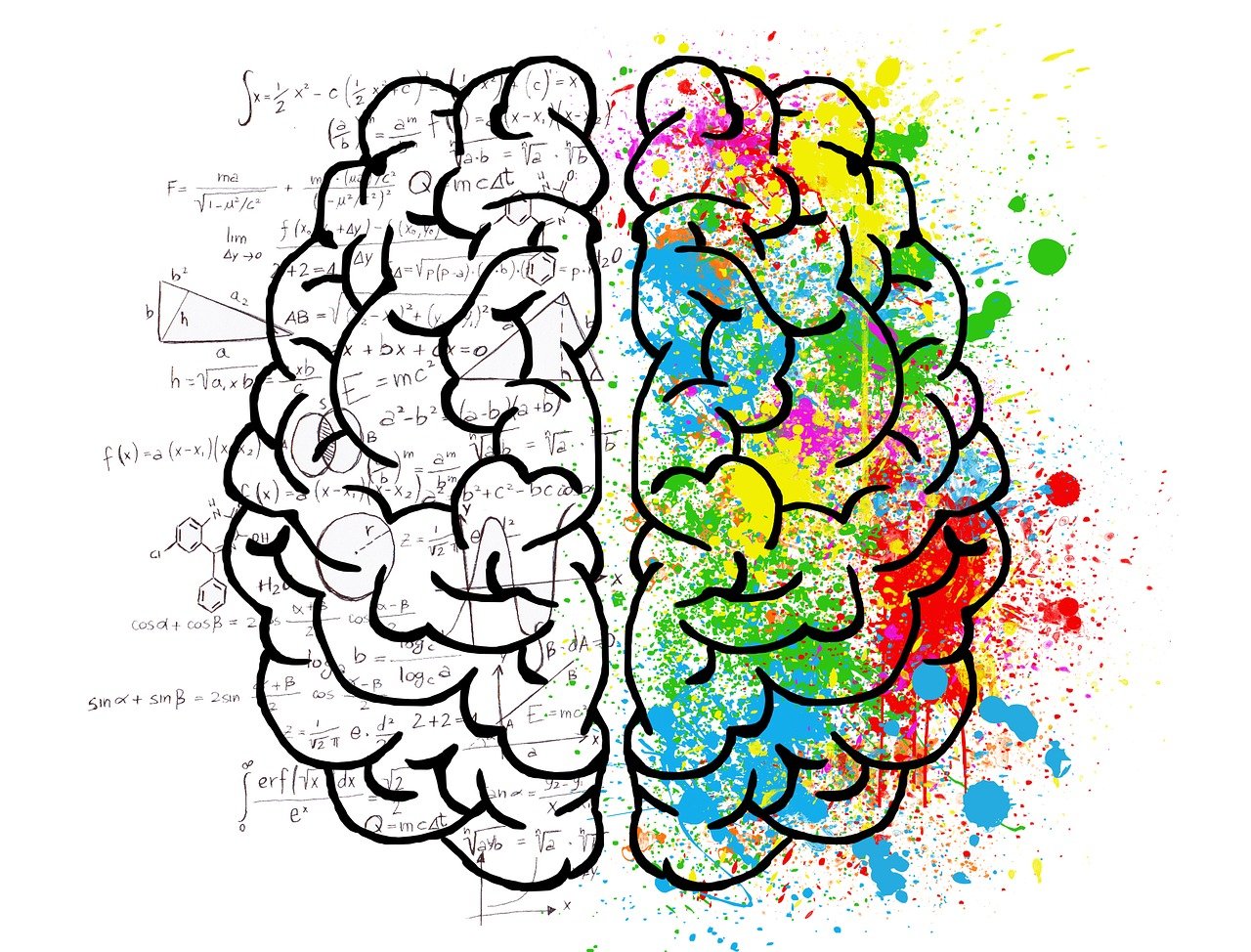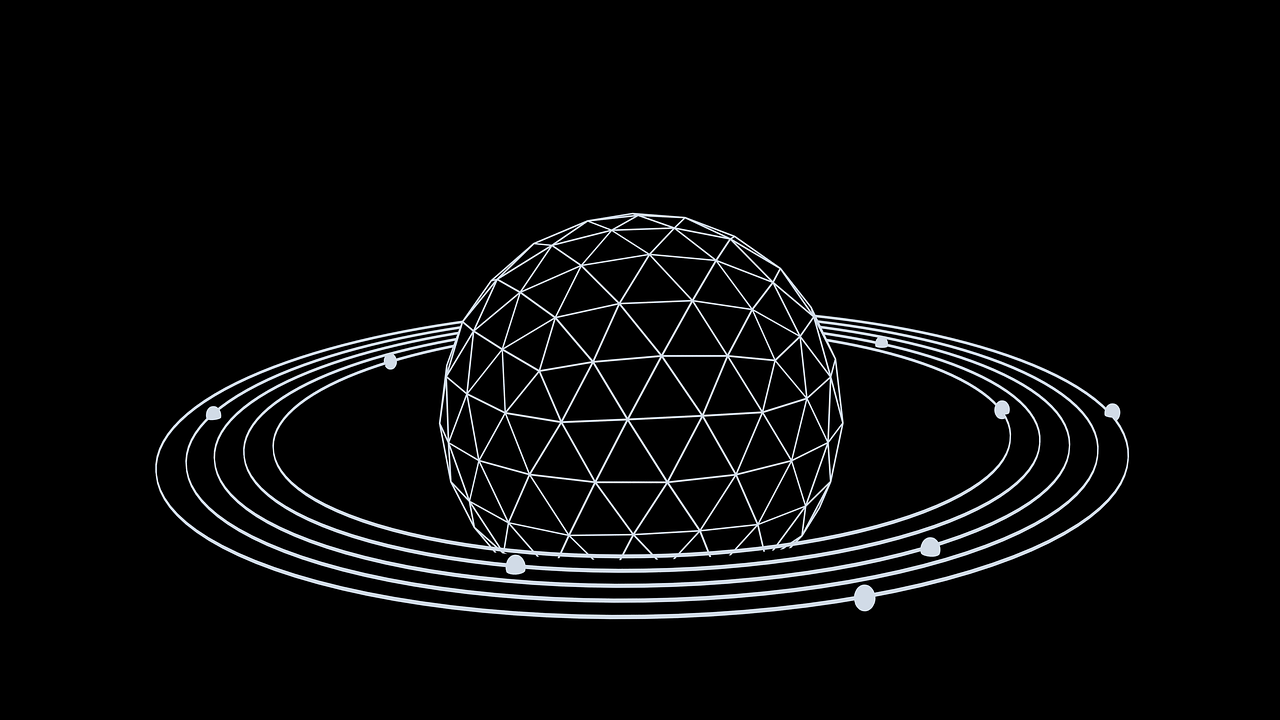The eternal debate of free will versus determinism has intrigued philosophers, scientists, and spiritual seekers alike. Do we truly have the power to shape our destiny, or are we merely actors in a script written by a higher intelligence? The answers to these questions lie at the crossroads of neurobiology, spiritual philosophy, and ancient wisdom.
The Illusion of Free Will: A Neuroscientific Perspective
Modern neurobiology suggests that our perception of “now” and the exercise of free will may be illusions. Scientific studies have demonstrated that decisions are made subconsciously milliseconds before they reach our conscious awareness. If the brain determines our choices before we are even aware of making them, does free will truly exist?
Quantum mechanics adds another layer of complexity, implying that probabilities govern the universe. The law of karma could be seen as the guiding force that chooses a particular probability, manifesting as cause and effect in our lives. In this context, karma is not merely a record of past actions but a dynamic force shaping our reality moment by moment.

Reason and No Reason: The Paradox of Intelligence
Reasoning is the cornerstone of intelligence. It arises from the continuous flow of thoughts, shaped by sensory inputs. Intelligence, however, must serve a dual purpose: the pursuit of reason to navigate life and the ability to transcend reason to experience the divine. True spiritual growth occurs when one knows when to employ reason and when to surrender it.
This is the very juncture where the material and spiritual worlds meet. While reason enables progress in worldly affairs, complete surrender—beyond reason—is the essence of spiritual liberation. Intelligence must be trained to recognize this balance, for without reason, progress ceases, but without surrender, one remains trapped in an incomplete existence.
Surrender and the Role of Divine Will
The concept of surrender to divine will often leads to misconceptions. Does surrender mean abdicating responsibility? Bhagavad Gita provides a nuanced answer. Krishna does not ask Arjuna to abandon action; instead, he urges him to act with responsibility while surrendering the results to the divine. This synthesis is beautifully captured in the adage:
“Man cannot do God’s work, God will not do man’s work. Man’s work plus surrender to God—miracles are possible.”
This suggests that while we are not passive recipients of fate, our actions must be performed with devotion, recognizing that the outcomes are beyond our individual control. The ego often resists this realization, clinging to the illusion of sole authorship over one’s destiny. However, true wisdom lies in the balance—acting as if everything depends on us while surrendering as if everything depends on the divine.
The Bhagavad Gita: Co-Authorship of Destiny
A critical perspective arises regarding whether Krishna’s teachings imply that humans are mere instruments or co-authors of their fate. Krishna acknowledges both viewpoints:
- “Nothing happens without me, however, not everything happens only because of me.”
- “Aham Brahmaasmi” – I am Brahman, signifying the inherent ability of every individual to shape their own destiny.
This duality reconciles the apparent paradox—while divine intelligence governs the universe, human choices play a significant role in shaping individual karma. Action is inevitable, but whether one acts with attachment or with detachment determines spiritual progress.

Understanding the Layers of Human Intelligence
A profound classification of human intelligence can be broken down into five components:
- Instinctive Intelligence – The innate sense of pleasure and pain.
- Acquired Intelligence – Learned distinctions between right and wrong.
- Awareness – Recognizing conflicts between instinct and acquired intelligence.
- Contemplative Intelligence – The ability to resolve internal conflicts.
- Free Will – The power to transcend instinct and choose higher values.
These layers illustrate that while certain aspects of our responses are predetermined, the ability to make conscious, transformative choices remains within us. True wisdom is knowing when to exercise free will and when to surrender.
Beyond Reason: The Ultimate Realization
The highest spiritual realization is not just the rejection of reason but going beyond it. Reason is essential for navigating life, but attachment to reason can be limiting. True surrender is not blind faith but a deeply cultivated trust in the workings of the divine. The ultimate question is not about free will versus determinism but about recognizing that both exist within a grander design.
The interplay of pain and pleasure in human experience further complicates the search for meaning. Are all efforts of karma and thought merely directed toward seeking pleasure and avoiding pain? Or is spirituality about transcending the cycle of pleasure and pain altogether, finding equilibrium in moksha?

Ancient wisdom teaches that the mind and body operate as an integrated system, yet remain bound by their own limitations. Our thoughts, often assumed to be uniquely ours, are shaped by a mix of personal experience, external conditioning, and subconscious influences. This raises an essential question: are our choices truly independent, or are they a product of deeper karmic patterns extending beyond this lifetime?
As the ancient scriptures remind us:
“Man’s greatest illusion is thinking he is the doer. Yet, without action, nothing manifests.”
Thus, the key to liberation lies in realizing that we are both the architects and the instruments of a higher cosmic play. When one reaches this state of understanding, one moves beyond reason—into the realm of true wisdom and divine grace.
Disclaimer: Blogs are generated from the thoughts/views shared by individual group members of the Global IITans for Quantum Consciousness (GI4QC) Forum’s WhatsApp groups further curated using Gen AI tools. The chats are of a general nature and have been carefully curated and reviewed to the greatest extent possible before publishing. Feedback and queries can be directed to arpankaudinya@gmail.com and/or info@gi4qc.org.



